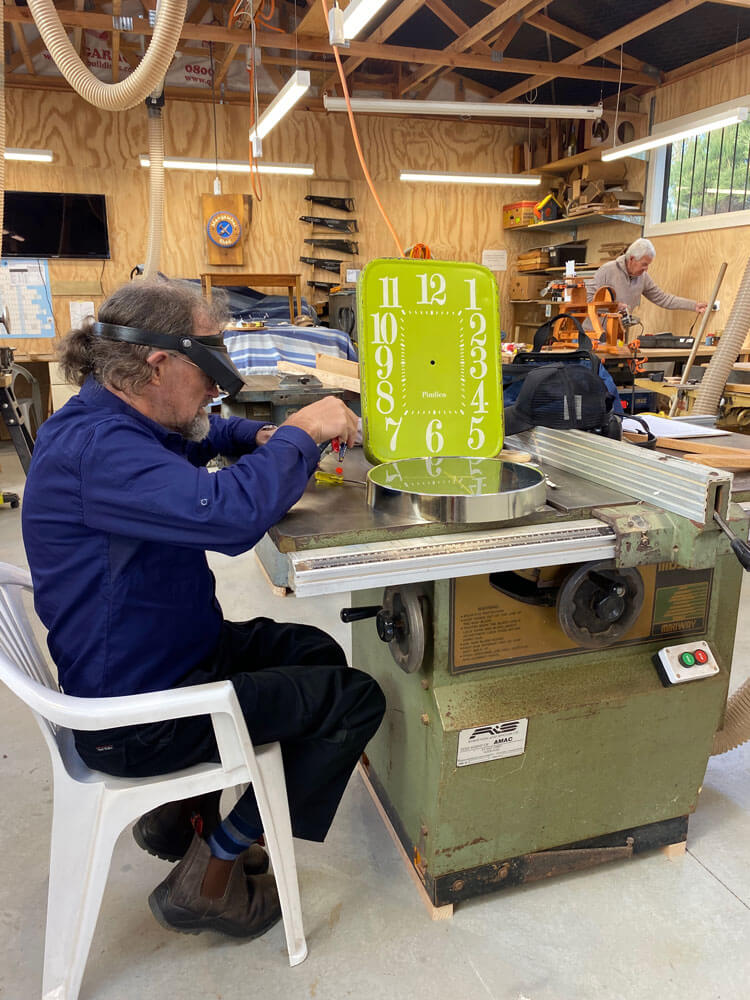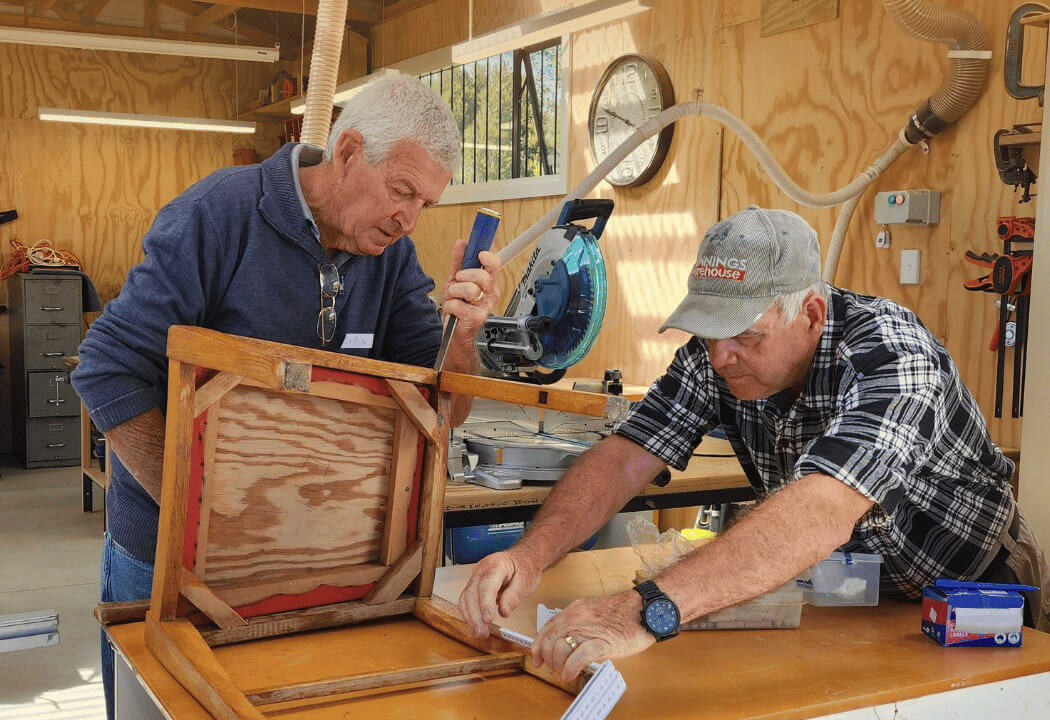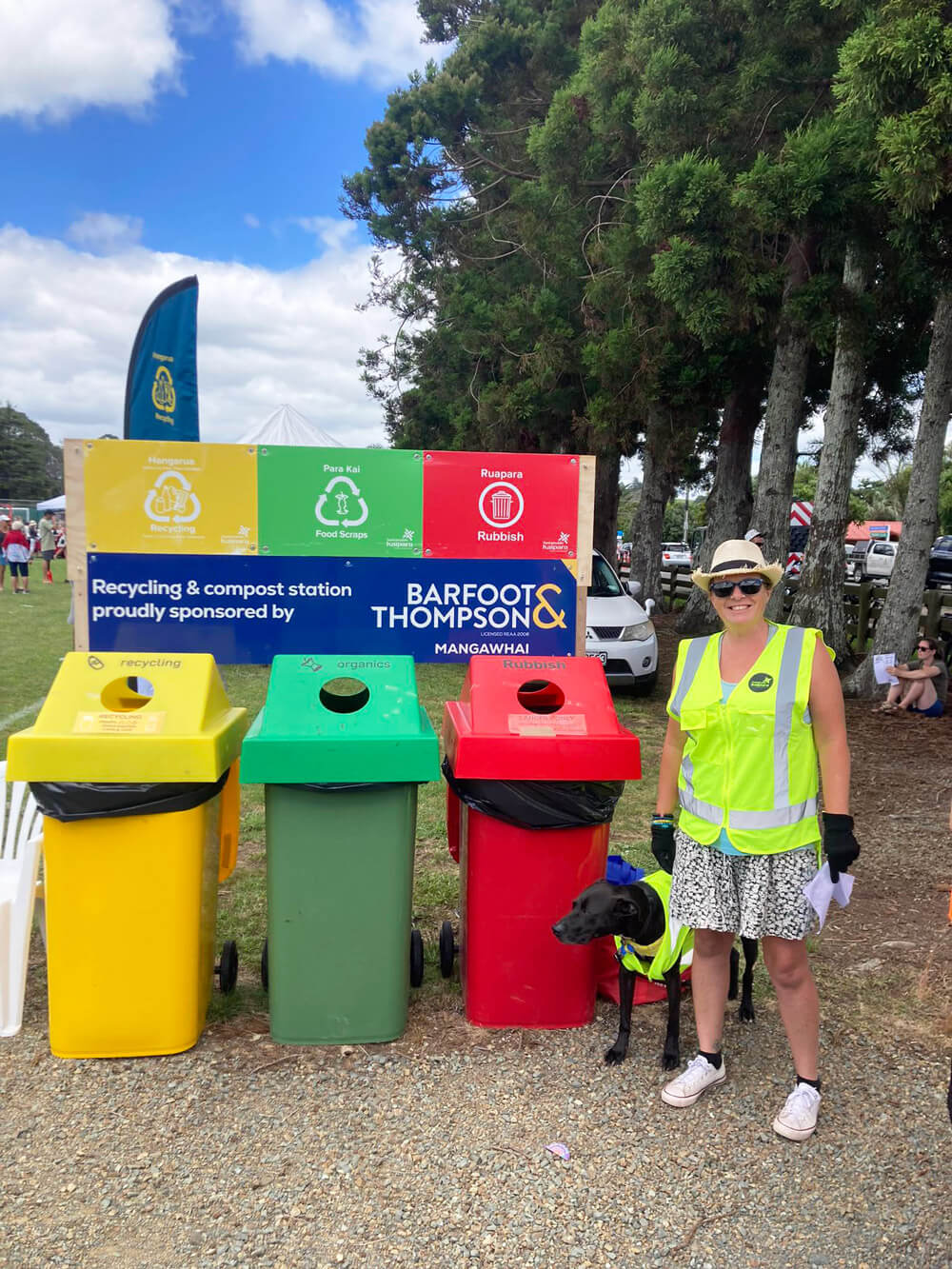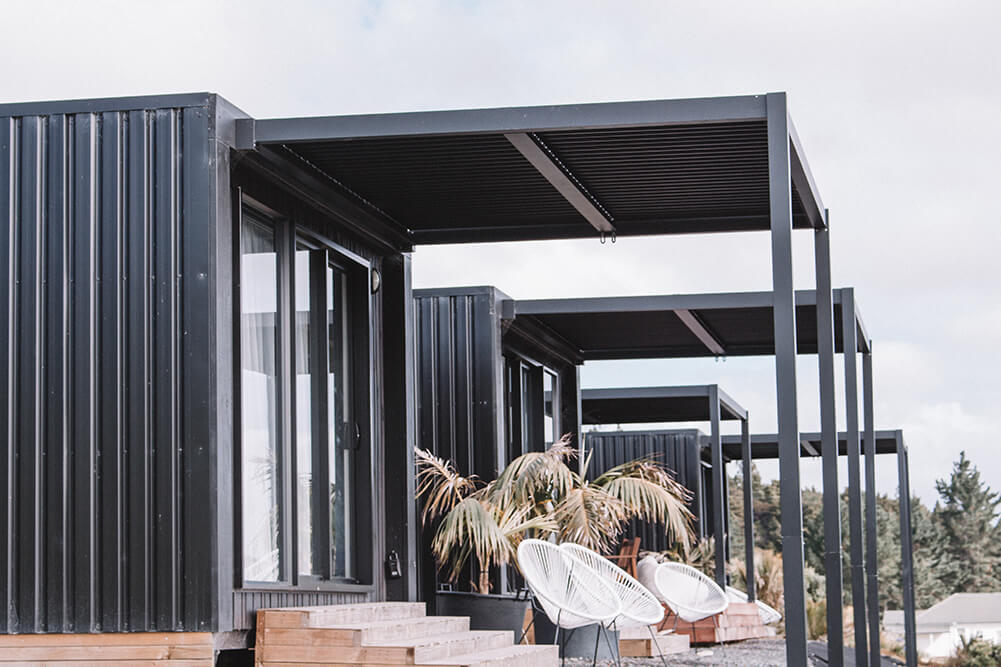Recycling is largely ingrained in our society as part of keeping our environment safe, clean and reducing harm. However, reducing consumption and removing single use items from our economy is far more impactful.
Transitioning from the linear economy – where we take materials from the earth, make stuff, then throw them into landfill; to the circular economy – where we keep resources in use and prevent waste being produced in the first place; is a cornerstone of how we might continue to inhabit planet Earth for many generations to come.
The three principles of the circular economy are:
- Eliminate waste and pollution
- Circulate products and materials
- Regenerate nature
The prevalence of single use items in our society is most definitely an aspect of the linear economy. Often these items are made of materials that in principle can last a long time (think plastic cutlery) but are instead used for mere minutes before ending up in landfill or our waterways where they degrade to create harm for generations to come.
Single use plastics get the most air time – and for good reason. Single use plastics include products such as bags, straws, bottles – basically any item that’s made of plastic and designed for a short or single use. They last a long time (hundreds of years) and affect both our environment and our health – which are inextricably linked. Microplastics (small plastic particles) can be absorbed by human tissue and impact growth and development. They kill seabirds and other animals through direct consumption and by entanglement.
However, it’s super important not just to focus on eliminating single use plastics. Single use anything is a huge waste of earth’s precious resources and the labour that went into manufacturing. Noting of course, that there are definitely times that single use may be the best option – for example in healthcare and safety. Using cardboard plates for food instead of reusable plates is not a solution to single use plastic. It’s just a band aid that makes consumers feel better about their purchase. The cardboard still ends up in landfill as waste (food contaminated cardboard can’t be recycled) and the resources (trees!) that went into making it are left to degrade and produce harmful emissions that exacerbate climate change. “But they’re compostable!” – I hear you cry. True, lots of food and beverage packaging is now compostable. Unfortunately, there are very few composting facilities in Aotearoa, so most compostable packaging is not composted. Furthermore, composting facilities often don’t actually want the compostable packaging because it devalues their final product. The Ministry for the Environment is currently investigating the impacts of compostable products on soils and the food chain.
Government intervention
From 2022 to 2025 the Government is phasing out certain hard-to-recycle plastics and six single-use items. This will prevent them from ending up as waste in our landfills and waterways but also prevent them contaminating recycling.
Future generations
Engaging directly with tamariki is a key component of the transition to the circular economy. The Mangawhai Beach Waste Wise group recently completed a waste audit and students were quick to pick up on the fact that plastic sushi containers and disposable coffee cups were common items heading to landfill after being used once. They were able to rapidly brainstorm simple alternatives.
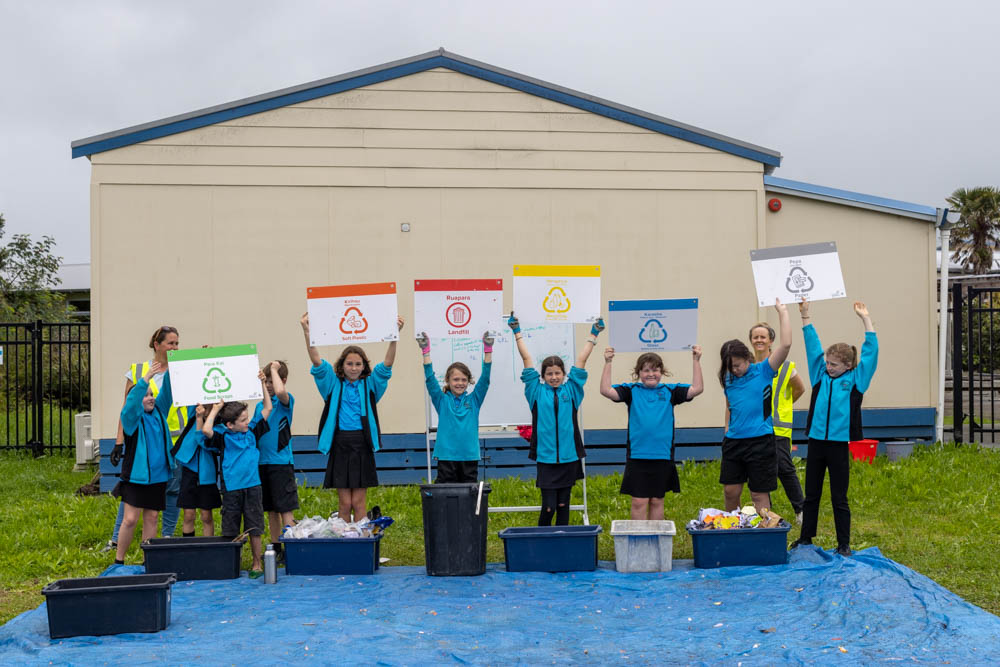
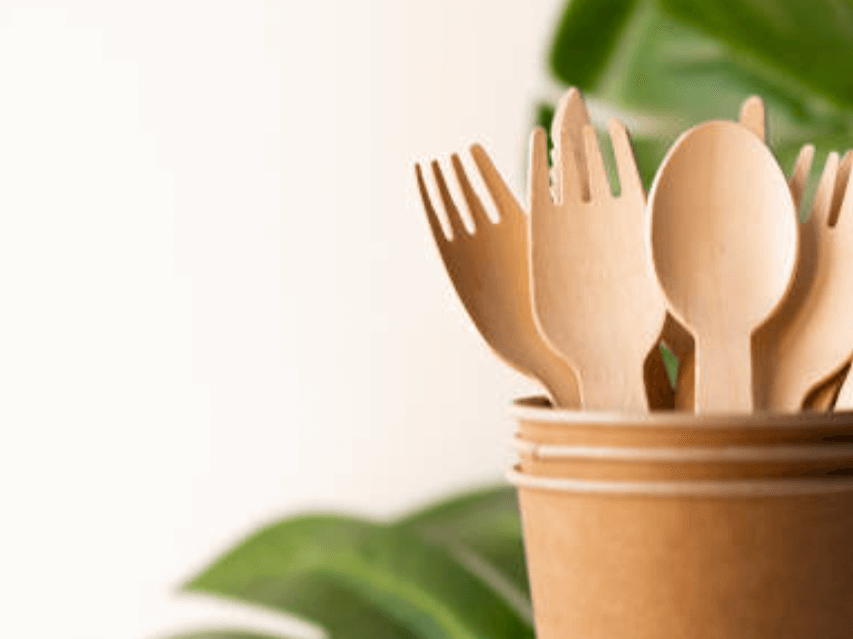
Business is getting on board
Recently, we have supported Trade Breakfasts at ITM Mangawhai and Bunnings Mangawhai where the coffee was provided in reusable cups that attendees simply placed in a return bin before leaving. This simple system saved hundreds of cups from ending up in landfill.
Saying goodbye to single use items is not only of the utmost importance for environmental health, it makes economic sense too. Businesses that implement reusable systems can lower operational costs and when they allow consumers to bring their own bags, cups or containers the business saves on single use packaging associated with supply and storage expenditure.
So what are we waiting for? Circular is the future, start today.
This post was originally written for Junction Magazine by our own Sarah Bray


